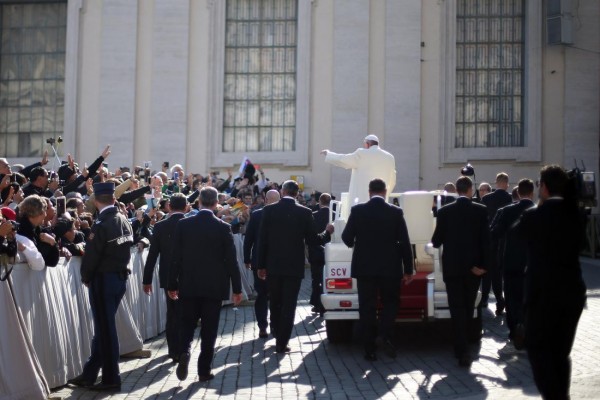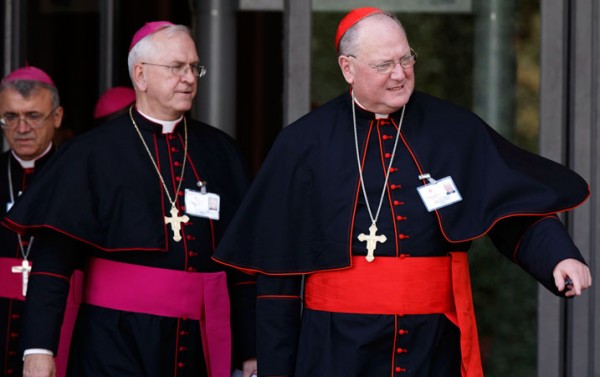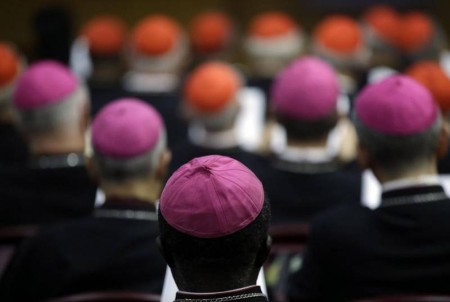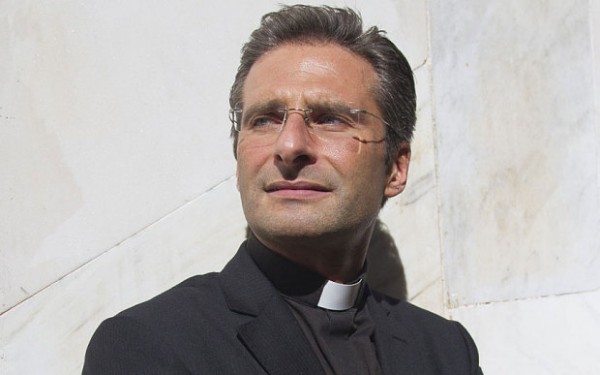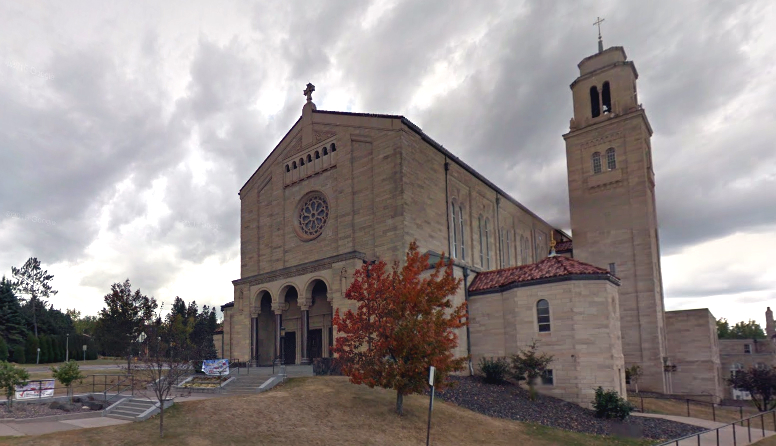By
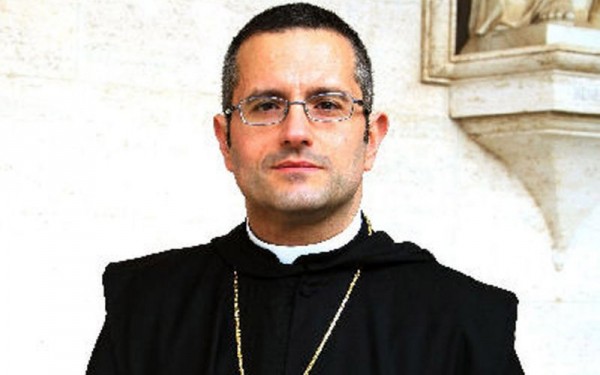
Italian officials say Rev. Pietro Vittorielli stashed church donations for the poor in an account that paid for ecstasy-fueled Rio trip, oysters in London, and a Ralph Lauren wardrobe.
At least it is safe to assume that is the case with Monsignor Pietro Vittorelli, the head of Roman Catholic Benedictine abbey of Montecassino, which was made famous when it was destroyed in Allied bombing in World War II when Britain and the U.S. destroyed it in search of Germans who were thought to be hiding there. The abbey was rebuilt, but the hillsides nearby are dotted with the graves of fallen soldiers.
Vittorelli, who gave up his post at the abbey in 2013, was arrested this week on suspicion of siphoning off nearly $540,000 that was donated under Italy’s “Eight per Thousand” tax break, whereby kind-hearted people donate 8 percent of their income to a religious institution. The funds are an oft-used tax break for Italians and almost always go to Catholic entities.
Instead of reaching the poor, the funds that Vittorelli was supposed to distribute to worthy church-sponsored causes ended up in his personal Italian bank accounts, transferred from the Institute for Religious Works, otherwise known as the Vatican Bank. From those personal accounts, Vittorelli paid a personal credit card on which he charged luxury hotels and expensive meals from Brazil to the U.K., according to Italian investigators.
One entry in his credit-card statement included in the criminal dossier against him was for a $7,000 hotel bill in London, which included room service and hotel meals consisting of oysters and Champagne. On that trip, he is alleged to have spent $740 on one meal alone and more than $1,800 on designer duds from Ralph Lauren.
Another charge shows an extravagant holiday in Rio in 2010 on church funds, where, according to testimony by Italy’s Guardia di Finanza to Judge Virna Passamonti, he paid cash for ecstasy tablets he shared with a variety of suspicious friends.
In one month alone, the partying priest spent $34,800. The other months he averaged expenses around $5,000.
He also owned four apartments in Rome and two storage facilities, which police claim he rented out as part of an intricate money-laundering scheme to keep the embezzlement hidden. Police say he enlisted his brother Massimo, a financial consultant who allegedly shared the wealth and the keys to safe deposit box No. 236 at Deutsche Bank in Rome. His brother would apparently stash cash that was withdrawn from the abbey’s Vatican Bank account in the secret deposit box until it was safe to deposit it in personal accounts without raising suspicion over having both transactions in the same bank statement period. “The sequence of operations unequivocally proves the intent to hide the path of the sums withdrawn from the accounts of the abbey,” Judge Passamonti wrote in her arrest warrant. “The examination of the financial flows directly documents the accurate operating systems meant to defraud.”
Italian police confiscated property, computers, and belongings found in all of the residences tied to the Vittorelli brothers.
Vittorelli left his post at Montecassino in 2013, citing health problems, and retired in Rome on his substantial, albeit ill-begotten, savings. In 2014, an organization hired by the Vatican Bank to audit its books discovered the money trail and started unraveling the fraudulent behavior that apparently began in 2008.
The latest scandal comes on the heels of two recent books published by Italian journalists Gianluigi Nuzzi and Emiliano Fittipaldi, who were fed by Italian laywoman Francesca Immacolata Chaouqui and Spanish Monsignor Lucio Vallejo Balda, who were on a panel meant to clean up the Vatican Bank’s messy accounting system that has been long embroiled in scandals ranging from money laundering to ties to organized crime. Both journalists are under investigation by Vatican authorities, but the Vatican has no jurisdiction to make arrests outside its fortified walls. Vittorelli, however, will join Vallejo Balda in the Vatican jail while both await trial.
Pope Francis has not commented specifically on the latest scandal, but this week he alluded to the problems in Rome. “God save the Italian Church from any form of power, image, and money,” he said on a visit to Florence. “I prefer a church that is bruised, hurting, and dirty because it has been out on the streets, rather than a church which is unhealthy from being confined and from clinging to its own security.“
Francis will embark on a five-day apostolic voyage to Africa on Nov. 25 before returning to Rome to open the doors of St. Peter’s Basilica on Dec. 8 to kick off the Jubilee year of mercy.
Complete Article HERE!

